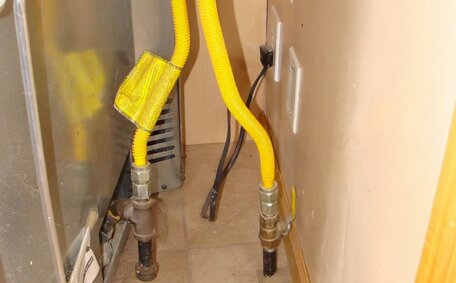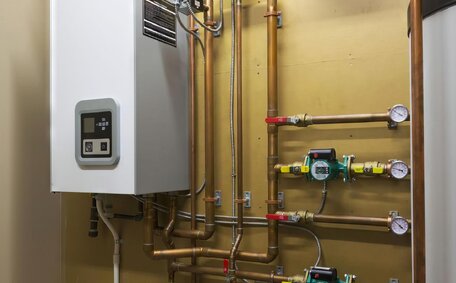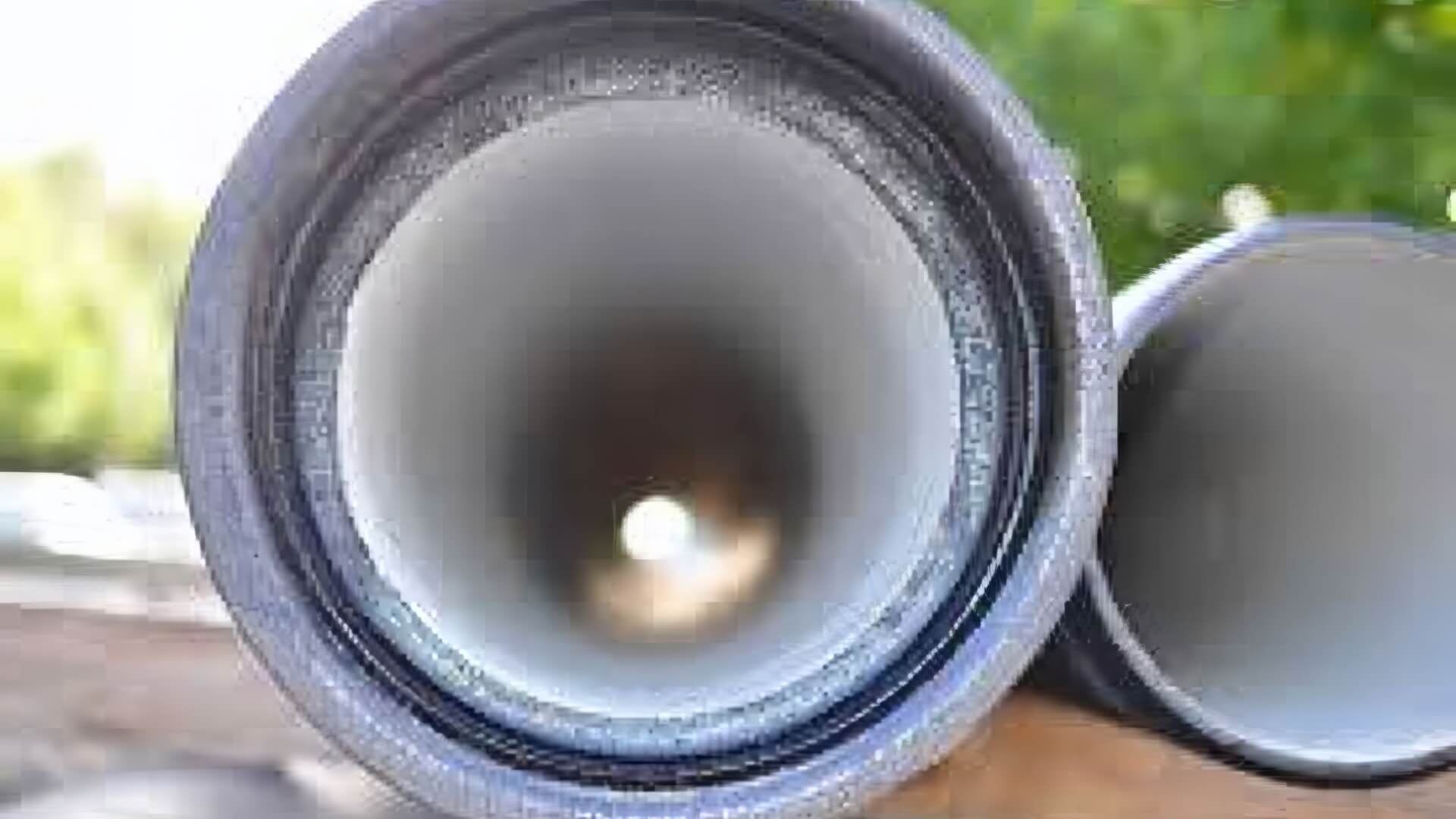
Keep Updated on Gas Appliance Recalls
Consumers should maintain awareness of current gas appliance recalls and safety alerts to prevent injuries. Check recall lists regularly to protect your home and family.
Read MoreFew things are more frustrating than turning on the faucet and finding the water draining sluggishly, if at all. Few things are more frustrating than turning on the faucet and finding the water draining sluggishly, if at all.
Though both cause headaches, the culprits behind kitchen vs. bathroom sink clogs can differ.
Hair, soap scum and shedded skin are common bathroom sink offenders. In the kitchen, grease, food scraps and cooking residue tend to cause the most problems. Knowing the source of the clog makes a difference in how you can prevent and remove blockages yourself.
At Werrington Plumbing, we have extensive experience dealing with all types of household drain blockages. Whether it’s a slow bathroom sink or completely clogged kitchen drain, our licenced plumbers have seen it all. We’re ready to diagnose the issue and get your sink flowing freely again.
Kitchen sinks see a lot of debris go down their drains daily. From food particles to oils and grease, many common kitchen activities can lead to clogged drains.
Here are some of the most common culprits of kitchen sink blockages:
Regularly running the garbage disposal can help minimise debris buildup. Regularly running the garbage disposal can help minimise debris buildup. Avoid pouring fats directly down the drain. Regularly running the garbage disposal can help minimise debris buildup.
Using drain covers, strainers and catching food particles before they go down the sink are other smart preventative steps.
For tough clogs, avoid commercial drain cleaners. We can safely remove even severe kitchen sink blockages without damaging your pipes. Contact Werrington Plumbing to unclog your blocked kitchen sink.
Bathroom sinks contend with their own unique sources of clogging compared to kitchen sinks.
Here are the most frequent culprits leading to bathroom sink backups:
Preventing bathroom sink clogs starts with hair catchers and strainers to grab strands before they slip down the drain. Avoid brushing hair directly over the sink. Frequently removing built-up hair will also help minimise clog risks.
For backed up bathroom sinks, avoid harsh liquid drain cleaners. Our professional plumbers can safely clear even severe clogs and get your bathroom sink flowing freely again. Contact Werrington Plumbing to unclog your bathroom sink drain.
The layout and size of pipes under kitchen and bathroom sinks can contribute to clogs forming.
Kitchen sinks often have more direct vertical drops with fewer bends and turns compared to bathroom sink piping. This allows water to flow freely downward without accumulating in traps or elbow joints. Kitchen drains also tend to be wider, allowing more debris to easily pass through.
In contrast, bathroom sink drains frequently have more twists and turns built into their piping layout. This allows water to pool in low points, letting hair, soap scum and particles settle out of the water flow and stick to pipe walls. The smaller drain diameters, around 1.5 inches, also let logs jam up easier.
Horizontal lengths of piping and p-traps just under the sink are other common catch points. Sediment settling out along flat sections of pipe is harder to dislodge and remove.
When tackling bathroom or kitchen sink clogs, understanding the drain layout helps pinpoint problem areas. A professional plumber can strategically snake drains and target debris at multiple angles.
At Werrington Plumbing, our licenced technicians have an intricate knowledge of household drain systems. We can quickly clear clogs and get water flowing freely again. Contact us when your kitchen or bathroom sink backs up.
An ounce of prevention is worth a pound of cure when it comes to avoiding troublesome kitchen sink clogs.
Try these tips to help prevent blockages before they start:
Avoid using harsh liquid drain cleaners - they can damage pipes. For tough clogs, call our experts at Werrington Plumbing. We safely remove even severe blockages and get your kitchen sink flowing freely again.
An ounce of prevention is worth a pound of cure when it comes to avoiding troublesome bathroom sink clogs.
Avoid harsh liquid drain cleaners - they can damage pipes. For tough clogs, the experts at Werrington Plumbing can safely clear even severe bathroom sink blockages.
Before calling a professional plumber, there are several DIY methods you can try to unclog a kitchen sink:
Avoid using harsh liquid drain cleaners as they can damage pipes. For severe clogs, contact the friendly experts at Werrington Plumbing. We can unclog even the toughest kitchen sink blockages quickly and safely.
Before calling a plumber, try these DIY methods to unclog a blocked bathroom sink drain:
Avoid using harsh liquid drain cleaners as they can damage pipes. For severe bathroom sink clogs, the friendly experts at Werrington Plumbing can clear even the toughest blockages quickly and safely.
While many basic clogs can be remedied with simple at-home solutions, there are instances when calling a professional plumber is the best course of action:
At Werrington Plumbing, our team has the advanced equipment and expertise to clear even severe clogs wedged deep in pipes. We can inspect drain lines with cameras to identify culprits and strategically clear blockages without damaging pipes. We’re available 24/7 to resolve any persistent kitchen or bathroom sink clogging issues.
Don’t let frustrating drain clogs put your daily routines on hold. Contact Werrington Plumbing to schedule an appointment and get reliable solutions for smooth flowing drains throughout your home.
Consumers should maintain awareness of current gas appliance recalls and safety alerts to prevent injuries. Check recall lists regularly to protect your home and family.
Read MoreHard water leaves mineral deposits in hot water heaters and systems, causing corrosion and limescale buildup. This reduces efficiency and leads to higher energy bills and repair costs over time. Installing a water softener protects hot water appliances by removing the minerals that cause scale.
Read MoreYes, pipes can be relined more than once if they become damaged again. Our pipe relining service uses epoxy resin to coat the inside of your existing pipes, repairing cracks and damage for over 50 years. As experts, we’ll have your pipes relined in just one day with no digging required.
Read MoreWerrington, 2747 NSW
We will call back as soon as possible.




